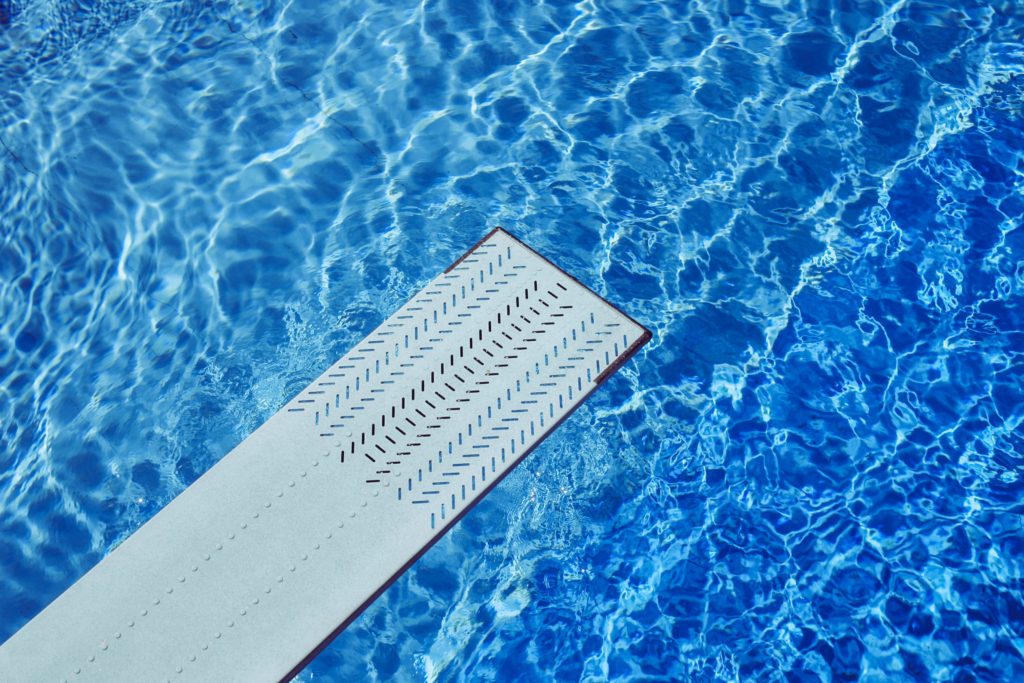Everyone who has a pool at home has probably wondered which is the best method to treat the water: salt or chlorine?
To answer this question accurately, it is necessary to consider several factors, such as the initial investment, the cost of the product, the amount of attention you can give it throughout the year, the environmental impact, and so on. In today’s article, we will examine the age-old debate between salt and chlorine and explore the advantages and disadvantages of each method.
Saltwater pool treatment
Advantages of adding salt to the pool
- Usually, pools treated with salt require less maintenance and care because they perform a kind of “self-cleaning”;
- Treating pool water with salt involves far fewer chemicals. The typical artificial smell associated with chlorine pools is greatly reduced;
- In the long term, the maintenance costs of a saltwater pool are much lower than those of a chlorine-treated pool, with the difference reaching up to 50%;
- Salt is gentler on the skin than chlorine, meaning irritated skin, red eyes, and dry hair are less likely to occur;
- Using salt is more environmentally friendly than chlorine. With fewer toxic components, the environmental footprint of your pool will be smaller.

Disadvantages
- Greater buildup of residue in the pipes due to limescale accumulation in the pool and its components;
- Increased corrosion. Salt is corrosive and can damage metal surfaces in the pool;
- Salt treatment is not suitable for heated pool water;
- Higher operating costs. The electrolysis system that breaks down the salt and keeps the water clean runs continuously, resulting in higher energy expenses;
- Higher initial investment compared to conventional systems;
- If a part needs to be replaced or repairs are required, these costs are generally higher.
If you choose this method, please note that we have already written an article on how to treat pool water with salt. Take a look and follow the correct procedures for treatment.
Pool water treatment with chlorine
Advantages of treating pool water with chlorine
- Better cleaning performance. Chlorine remains the most efficient method;
- Installation is cheaper;
- Chlorine is easy to buy and widely available at good prices;
- If you encounter any issues with your pool, it is easier to find professionals for repair and maintenance;
- It does not damage furniture near the pool;
- It is a more affordable product.

Disadvantages
- Chlorine usually has a strong and distinctive smell;
- Chlorine-treated pool water can cause red eyes, sensitive skin, and dry hair. However, it’s important to note that these effects can be controlled by monitoring the chlorine levels in your pool;
- Chlorine pools do not self-regulate, so they require more attention;
- Treating a pool with chlorine necessitates the use of an additional chemical to prevent the sun from evaporating the chlorine too quickly;
- Chlorine is a chemical substance like any other, so it requires careful and responsible use.
- Chlorine is a chemical substance like any other, so it requires careful and responsible use.
If you have any doubts about the best way to treat your pool water, salt or chlorine, please know that we are available to answer your questions. Contact us by phone (282 792 593), mobile (917 279 784), email (geral@dreampools.pt), or via the form on our website, which you can find here.
Happy swimming!

